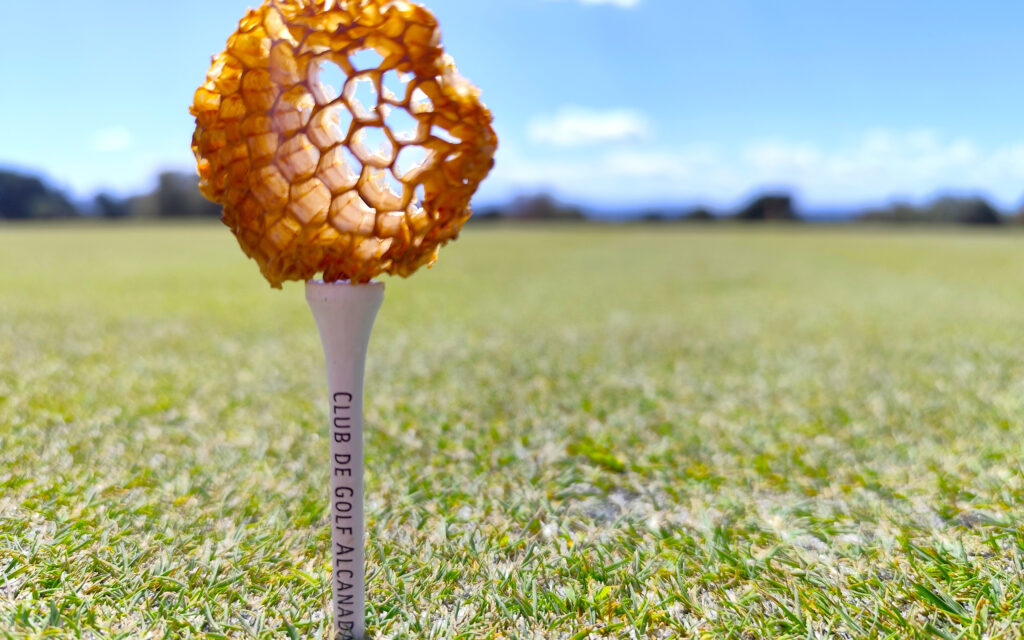Club de Golf Alcanada is celebrating World Bee Day by looking back on five years of beekeeping on the grounds of the acclaimed Mallorca golf venue.
An initial eight beehives were installed on Alcanada grounds in the spring of 2020, meaning this World Bee Day marks almost exactly half a decade of hard work from the club’s dedicated staff and hundreds of thousands of insects.
According to the UN – which designated May 20 as World Bee Day in 2017 – nearly 90 per cent of wild flowering plants and more than 75 per cent of the world’s crops depend, partially or entirely, on pollination to survive. However, bees (and other pollinators such as bats, butterflies and hummingbirds) are increasingly under threat thanks to the actions of humanity.
While the bees at Alcanada produce honey, it is not harvested by the club to be sold; instead, it provides food for the bee population in the winter months in line with honey’s natural purpose.
Kristoff Both, director at Club de Golf Alcanada, said: “Pollinators are a crucial pillar of the environment and preserving them is especially important because most people don’t talk about them.
“We started this project five years ago in the first few months of the Covid-19 pandemic lockdown and never looked back.
“Special thanks go to our team for their hard work with this important species.”
Meanwhile, Alcanada has announced a new initiative dedicated to helping a different kind of pollinator: bats. In April, the club installed several bat boxes around the course as part of a study to learn which bat species use the grounds as a feeding area.
As nocturnal creatures, bats do not disturb visiting golfers – but they do benefit the environment as natural allies against damaging pests.
Environmental action has been a key theme throughout Alcanada’s history. Earlier in 2025, the club announced a new initiative to tackle the growing population of invasive Pine Processionary caterpillars, which pose a threat to native flora and fauna.






